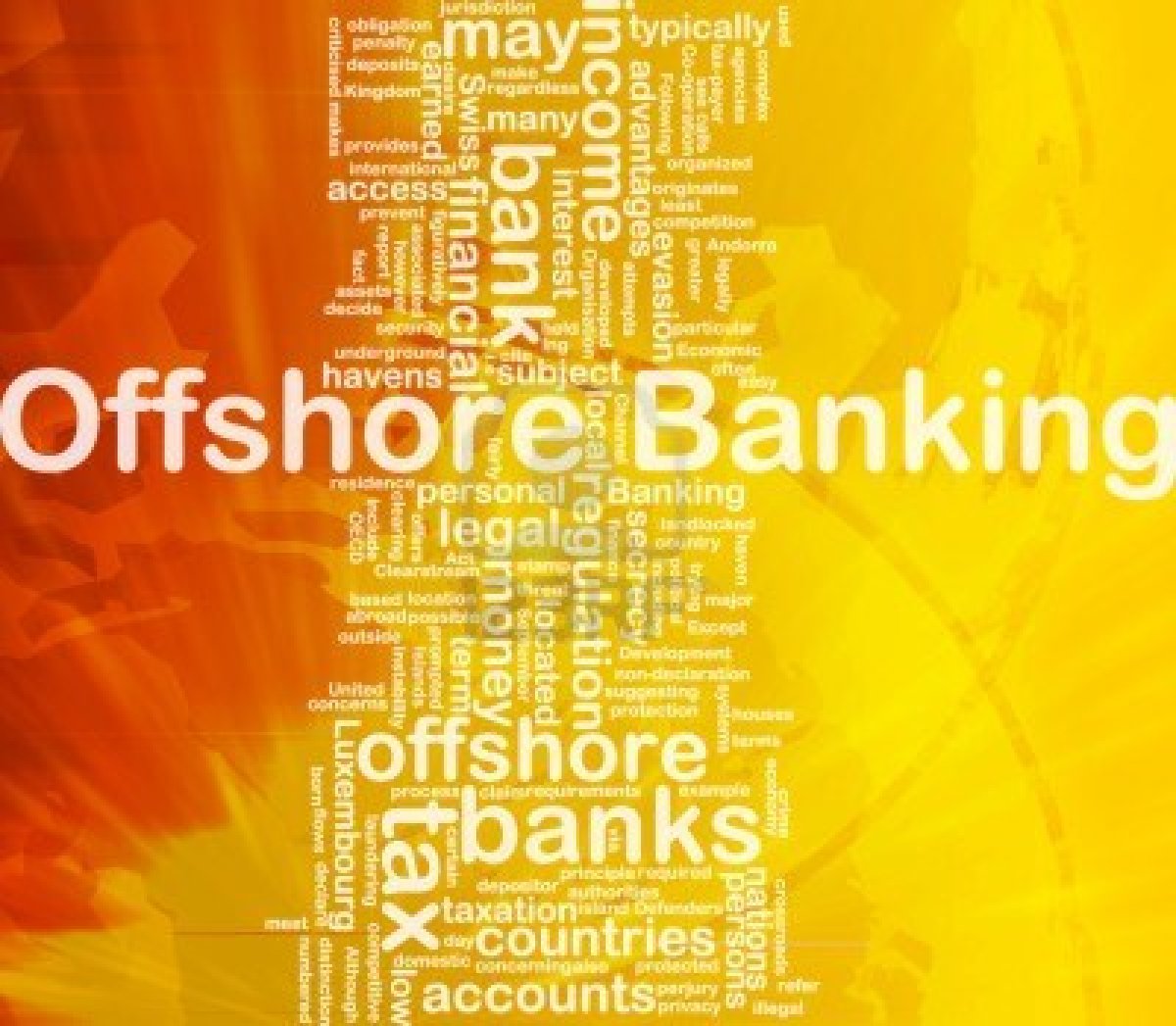Offshore Banking for Business Owners Needing to Optimize Global Operations.
Offshore Banking for Business Owners Needing to Optimize Global Operations.
Blog Article
Offshore Banking: A Smart Service for Diversifying Your Possessions
Offshore financial provides a nuanced technique to possession diversity, using individuals a way to navigate the complexities of worldwide finance. By establishing accounts in foreign territories, one can not just gain access to a broader variety of financial investment choices but also purposefully place possessions to protect them from residential economic vulnerabilities. Nonetheless, the effects of such choices extend beyond plain monetary protection; they link with tax obligation considerations and regulatory structures that call for cautious examination. As we explore these elements, the concern arises: what are the important elements to consider when picking an offshore financial service?

Recognizing Offshore Banking
Although offshore financial is often related to wide range management and tax optimization, it basically describes the practice of holding an account or investing in a bank situated outside one's nation of residence. This technique allows individuals and services to access a selection of financial services that may not be readily available locally. Offshore banks are normally developed in territories with favorable regulatory atmospheres, using boosted personal privacy and safety and security for account owners.
The principle of overseas financial can incorporate numerous economic items, consisting of interest-bearing accounts, investment accounts, and even loan facilities, all designed to deal with international clients. Offshore banks often offer services in multiple currencies, enabling clients to handle their properties better in a globalized economic situation.
Additionally, the regulatory framework governing overseas financial varies substantially from one jurisdiction to an additional, often characterized by lower compliance requirements and greater confidentiality for account owners. While offshore banking can be a genuine financial approach, it is crucial for people and companies to understand the lawful ramifications and obligations associated with maintaining accounts abroad. Recognition of regional regulations and global contracts is essential for guaranteeing conformity and staying clear of prospective pitfalls.
Advantages of Offshore Accounts

In addition, overseas accounts typically supply accessibility to a broader array of investment possibilities that might not be available domestically. offshore banking. These accounts can include a range of economic tools, such as international stocks, bonds, and shared funds, permitting account owners to customize their investment strategies according to their danger tolerance and monetary objectives
Another substantial benefit is the capacity for tax optimization. While tax regulations differ by territory, some offshore accounts might supply desirable tax obligation therapy, allowing individuals and organizations to boost their after-tax returns lawfully.
Furthermore, offshore financial organizations usually employ advanced personal privacy procedures, protecting account owners' financial information. This included layer of privacy can be appealing to those looking for discretion in their monetary affairs. Generally, the advantages of overseas accounts add to even more robust monetary planning and monitoring techniques.
Possession Defense Approaches
One efficient strategy to protecting wealth involves carrying out durable property security methods. These techniques are necessary for individuals seeking to protect their properties from potential risks such as lawsuits, financial institutions, or economic instability.

Incorporating limited responsibility entities, such as offshore firms or restricted liability companies (LLCs), can also supply a safety layer. These frameworks help shield personal possessions from business liabilities, guaranteeing that personal riches stays safe in case of business-related legal problems.
Moreover, branching out investments across numerous property courses and geographic locations can mitigate threat. This approach minimizes direct exposure to any type of single financial decline, boosting general financial stability. offshore banking. By using these possession security strategies, people can successfully protect their wealth, guaranteeing it stays intact for future generations while browsing prospective financial challenges
Tax Obligation Advantages and Factors To Consider
Carrying out efficient asset defense methods typically leads individuals to take into consideration the tax benefits related to overseas financial. By opening up an overseas account, clients may take advantage more info here of beneficial tax obligation routines offered by certain territories. Lots of nations supply tax obligation rewards, consisting of low or absolutely no taxation on passion and funding gains, which can significantly enhance riches accumulation.
In addition, offshore financial can facilitate tax-efficient spending through diversified possession classes and currencies, permitting account owners to optimize their profiles. Nevertheless, it is critical to recognize that while some overseas jurisdictions supply tax obligation benefits, compliance with worldwide tax laws, consisting of the Foreign Account Tax Obligation Compliance Act (FATCA), is required. Failing to report overseas accounts can result in severe charges.
Furthermore, the understanding of offshore financial as a tax obligation evasion technique can lead to reputational dangers. Ultimately, while offshore financial can supply considerable tax benefits, cautious planning and adherence to regulations are essential to gaining these rewards responsibly.
Picking the Right Offshore Financial Institution
Choosing the right overseas bank is a vital decision that can dramatically affect your financial approach and property security. When considering an overseas financial establishment, it is vital to assess numerous crucial factors, including the financial institution's credibility, regulatory setting, and the services offered.
First, conduct detailed research study on the financial institution's standing in the market. Try to find institutions with a tried and tested record of security and safety. Regulatory compliance is an additional important facet; ensure the financial institution complies with worldwide criteria and operates within a reliable territory.
In addition, evaluate the array of services offered. Some financial institutions might specialize in riches monitoring, while others focus on offering standard financial other services. Consider your personal or service requirements and pick a bank that aligns with your economic goals.
One more essential factor is ease of access. Investigate the convenience of communication with the financial institution, consisting of language support and customer support availability. Take into consideration the costs connected with account maintenance and deals, as these can vary substantially between organizations.
Final Thought
Finally, overseas banking provides a feasible method for possession diversity, using many benefits such as enhanced financial safety and security and access to a wider variety of financial investment possibilities. The unification of efficient possession protection strategies and potential tax obligation benefits even more underscores the appeal of overseas accounts. Cautious choice of the suitable overseas financial institution is vital to check make best use of these benefits. In general, offshore financial functions as a prudent technique to riches management in an increasingly interconnected international economic climate.
Report this page